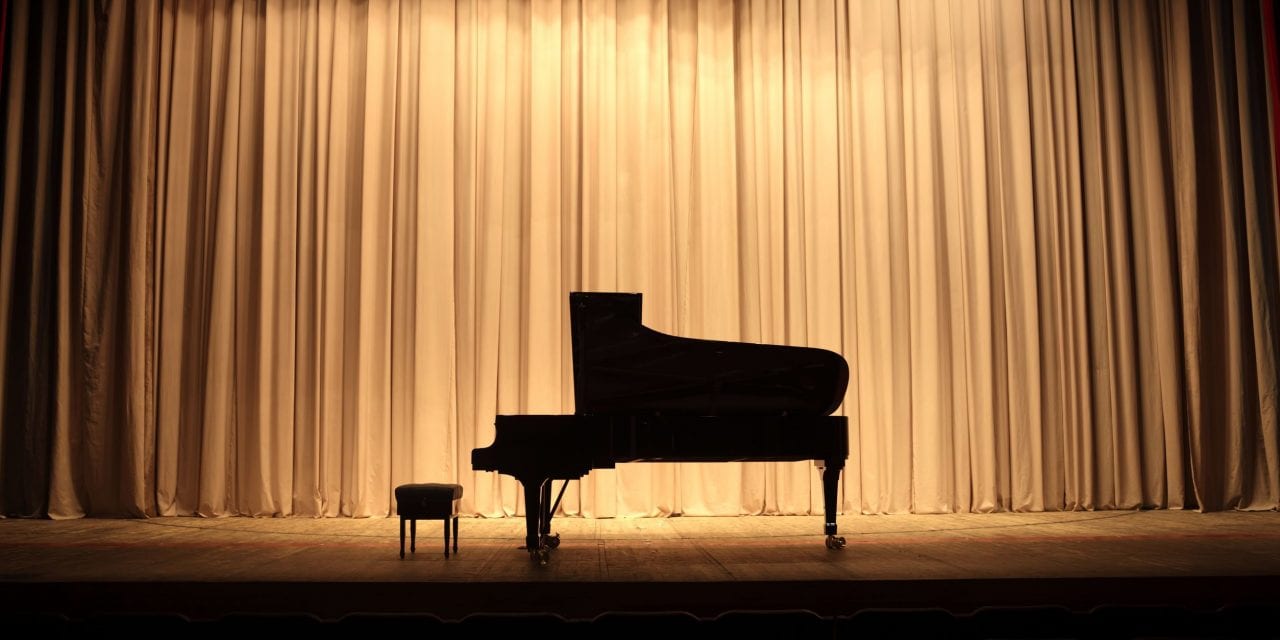In-room communication systems can make a world of difference in the lives of individuals with dementia.
By Jane Kincaid
Engaging residents living with dementia can sometimes be challenging, with caregivers often in search of ways to connect to residents to enhance their health as well as to improve their interactions with staff, fellow residents, their families, and friends.
LifeShare Technologies, a Senior Housing Forum Partner, has created in-room communication systems that can make a difference in the lives of individuals with dementia. While some may think the music, video, and communication programming at the core of the LifeShare system is solely for people in an independent living setting — where users are fully capable of navigating the programs on their own — those who have deployed the system in memory care settings have found it to be very effective.
A Surprising Response
One example comes from a provider who experienced a positive response when music was introduced to a resident living with dementia.
“We have a resident who is a master piano player, soprano, and music teacher,” says a LifeShare client. “She is quite advanced in her Alzheimer’s disease and only somewhat verbal. She has trouble sleeping and is up and down literally all night.”
What happened next came as quite a surprise. When the administrator went to check on the resident, who happened not to be in the room at the time, she realized the resident had LifeShare in her room and chose the sleep setting with instrumental piano as the only music.
The Beauty of a Piano
When the resident was brought back from what had been nearly two-dozen trips during the night, this time, after the music had been activated, things changed.
“This time, she sat down on the bed and said ‘piano.’ I said, ‘that’s right, would you like to listen to this?” The resident agreed, which this simple affirmation a breakthrough on its own. “The nurse and I quietly freaked! She didn’t get up again while I was there. And, the overnight staff reported that she stayed in bed all night. That is like a miracle.”
Other Applications
This anecdote is a prime example of why LifeShare has become increasingly popular in memory care settings. Other examples of how LifeShare can be leveraged in memory care, include:
-
If a resident has a LifeShare device in their room, loved ones can send pictures to the residents’ TV. This allows visiting families to view the pictures and reminisce, or discuss current life events amongst the family.
-
LifeShare has numerous games specific for memory care.
-
LifeShare offers faith programs covering different religions, prayers, scriptures, and sermons. All selections are on audio so the program can be turned on at any time.
Finally, there are therapeutic music programs. LifeShare has partnered with CoroHealth, which provides the licensed music specifically tailored for seniors. The programming can be shaped into playlists to meet moods, like wake, sleep, energy, and sundowning.
To learn more about LifeShare Technologies, call (317) 825-0320
or click on the logo button below to visit their website:Click on the button below to download a PDF copy of this article:









